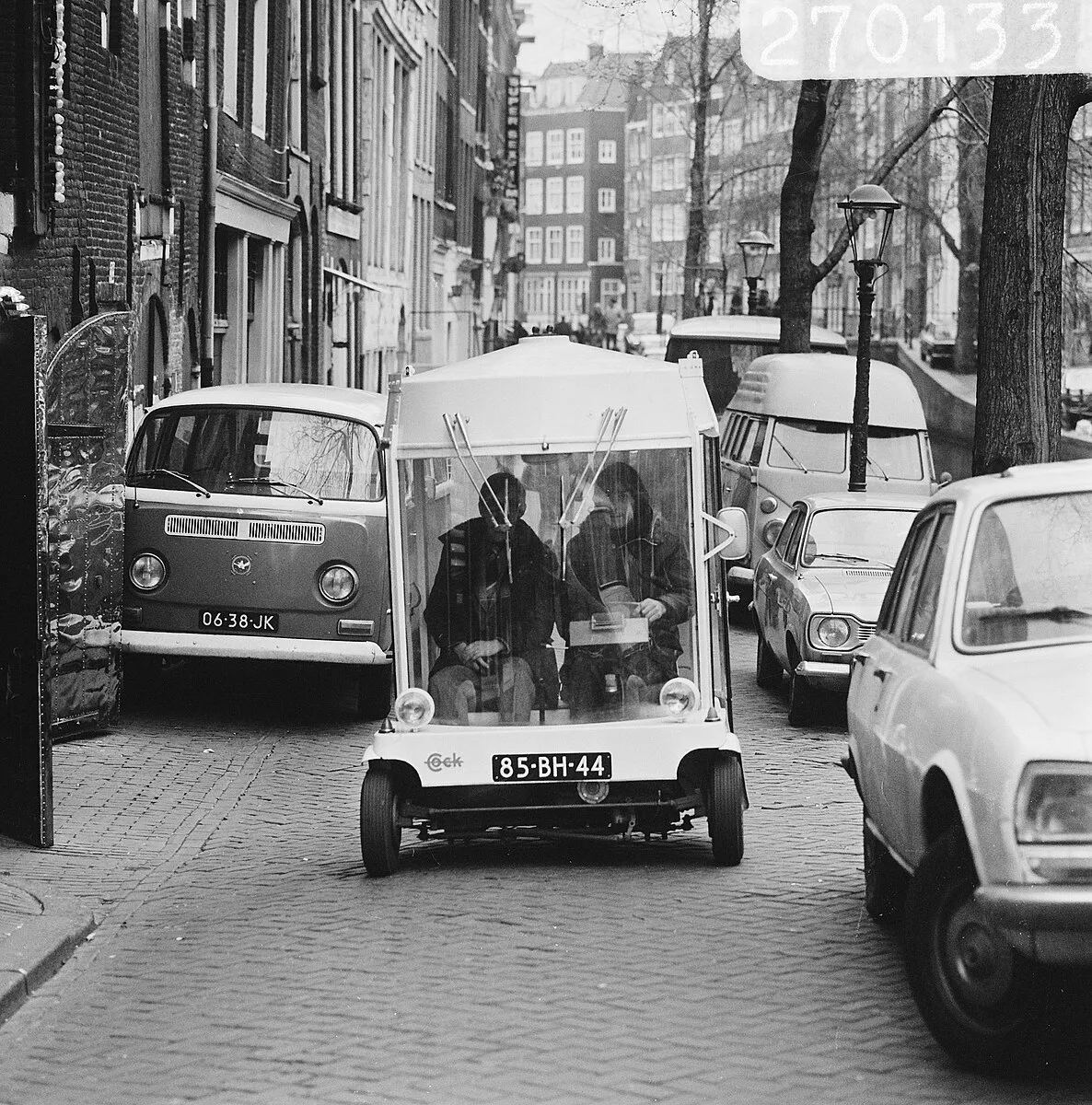The future of the California high speed rail project hangs in the balance as a result of two rulings handed down by Sacramento Superior Court Judge Michael Kenny on 25 November.
"The judge's ruling will prevent the [California High-Speed Rail] Authority from spending bond measure funds for construction until the funding plan is brought into compliance," said Michael Brady, co- lead attorney on the case, but because that would require finding at least US$25 billion in extra funds, Brady believes complianc
November 28, 2013
Read time: 2 mins
The future of the California high speed rail project hangs in the balance as a result of two rulings handed down by Sacramento Superior Court Judge Michael Kenny on 25 November.
"The judge's ruling will prevent the [California High-Speed Rail] Authority from spending bond measure funds for construction until the funding plan is brought into compliance," said Michael Brady, co- lead attorney on the case, but because that would require finding at least US$25 billion in extra funds, Brady believes compliance seems "virtually impossible." They need to step back and rethink their whole approach," added co-lead attorney Stuart Flashman.
The Authority’s Chairman, Dan Richard, tried to cast the court decision in a more positive light. "The judge did not invalidate the bonds as approved by the voters," he said. "Like all transformative projects, we understand that there will be many challenges that will be addressed as we go forward in building the nation’s first high-speed rail system."
The court rulings are the culmination of prolonged litigation that began two years ago when Kings County Board of Supervisors filed a lawsuit asserting that the Authority failed to comply with certain statutory requirements in its 2011 funding plan.
In his 25 November opinion, Judge Kenny did not explicitly address this potential funding deficiency nor did he agree to rescind existing contracts with Tutor-Perini and3879 Caltrans or rule on the propriety of using federal grant money, as requested by the plaintiffs.
Instead, he ruled that the Authority cannot "proceed to commit and spend Proposition 1A bond proceeds for construction or property acquisition" until it has complied with the requirements stated in his 16 August ruling, when he ruled that the Authority failed to comply with the requirements of Proposition 1A in two fundamental respects: It was unable to certify completion of all the environmental clearances for the 300-mile Initial operating segment (IOS) extending from Merced to San Fernando Valley; and it was unable to identify "reasonably expected" sources of funds required to complete the Initial operating segment.
"The judge's ruling will prevent the [California High-Speed Rail] Authority from spending bond measure funds for construction until the funding plan is brought into compliance," said Michael Brady, co- lead attorney on the case, but because that would require finding at least US$25 billion in extra funds, Brady believes compliance seems "virtually impossible." They need to step back and rethink their whole approach," added co-lead attorney Stuart Flashman.
The Authority’s Chairman, Dan Richard, tried to cast the court decision in a more positive light. "The judge did not invalidate the bonds as approved by the voters," he said. "Like all transformative projects, we understand that there will be many challenges that will be addressed as we go forward in building the nation’s first high-speed rail system."
The court rulings are the culmination of prolonged litigation that began two years ago when Kings County Board of Supervisors filed a lawsuit asserting that the Authority failed to comply with certain statutory requirements in its 2011 funding plan.
In his 25 November opinion, Judge Kenny did not explicitly address this potential funding deficiency nor did he agree to rescind existing contracts with Tutor-Perini and
Instead, he ruled that the Authority cannot "proceed to commit and spend Proposition 1A bond proceeds for construction or property acquisition" until it has complied with the requirements stated in his 16 August ruling, when he ruled that the Authority failed to comply with the requirements of Proposition 1A in two fundamental respects: It was unable to certify completion of all the environmental clearances for the 300-mile Initial operating segment (IOS) extending from Merced to San Fernando Valley; and it was unable to identify "reasonably expected" sources of funds required to complete the Initial operating segment.









